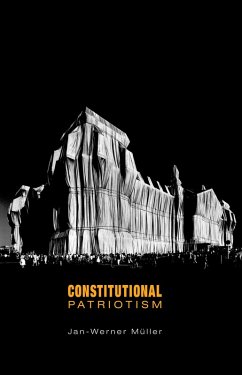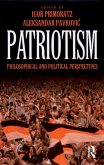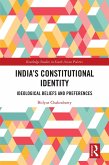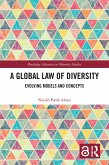Constitutional Patriotism offers a new theory of citizenship and civic allegiance for today's culturally diverse liberal democracies. Rejecting conventional accounts of liberal nationalism and cosmopolitanism, Jan-Werner Müller argues for a form of political belonging centered on universalist norms, adapted for specific constitutional cultures. At the same time, he presents a novel approach to thinking about political belonging and the preconditions of democratic legitimacy beyond the nation-state. The book takes the development of the European Union as a case study, but its lessons apply also to the United States and other parts of the world.
Müller's essay starts with an engaging historical account of the origins and spread of the concept of constitutional patriotism-the idea that political attachment ought to center on the norms and values of a liberal democratic constitution rather than a national culture or the "global human community." In a more analytical part, he then proposes a critical conception of citizenship that makes room for dissent and civil disobedience while taking seriously a polity's need for stability over time. Müller's theory of constitutional patriotism responds to the challenges of the de facto multiculturalism of today's states--with a number of concrete policy implications about immigration and the preconditions for citizenship clearly spelled out. And it asks what civic empowerment could mean in a globalizing world.
Müller's essay starts with an engaging historical account of the origins and spread of the concept of constitutional patriotism-the idea that political attachment ought to center on the norms and values of a liberal democratic constitution rather than a national culture or the "global human community." In a more analytical part, he then proposes a critical conception of citizenship that makes room for dissent and civil disobedience while taking seriously a polity's need for stability over time. Müller's theory of constitutional patriotism responds to the challenges of the de facto multiculturalism of today's states--with a number of concrete policy implications about immigration and the preconditions for citizenship clearly spelled out. And it asks what civic empowerment could mean in a globalizing world.









